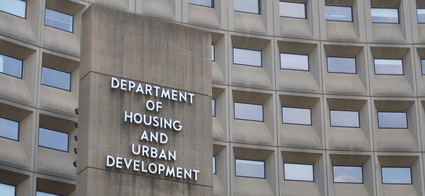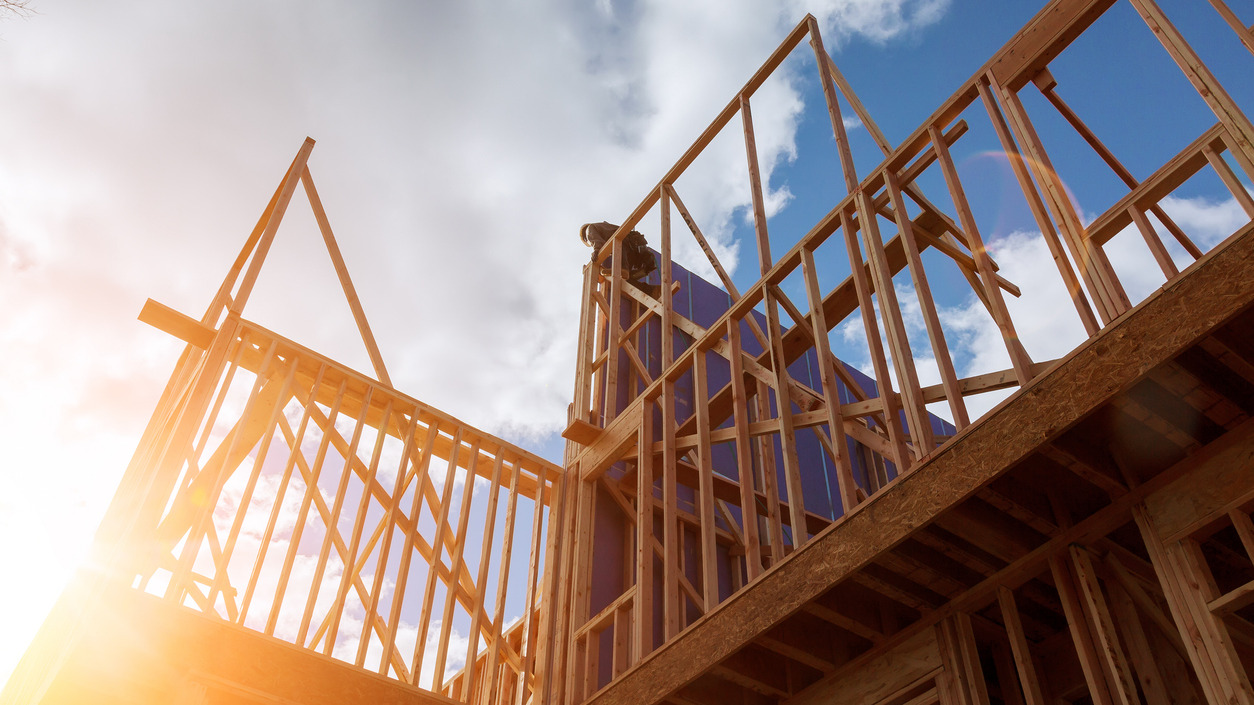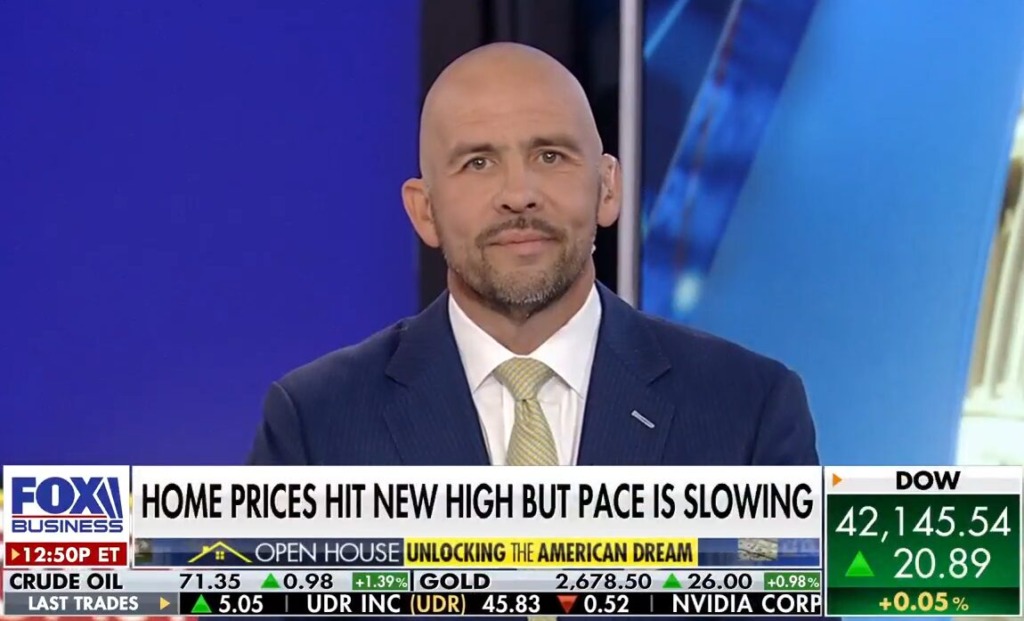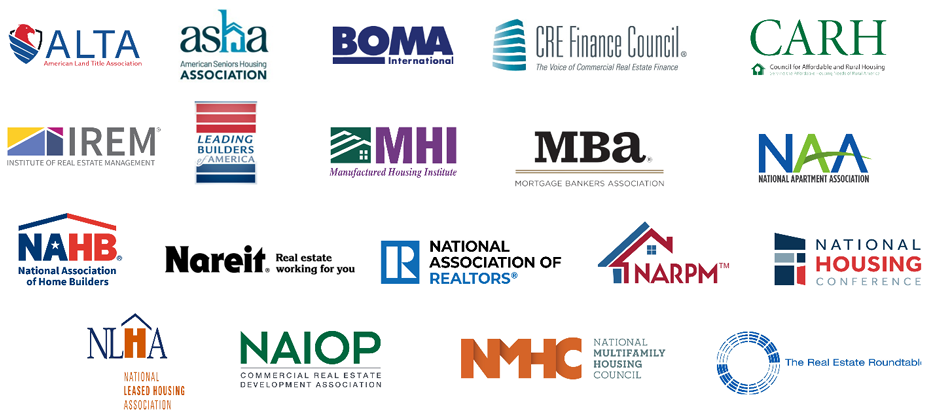
As the nation continues to grapple with housing affordability challenges, recent developments in Washington signal increased attention on this critical issue. From new leadership at federal housing agencies to congressional hearings focused on supply constraints, policymakers are exploring multiple avenues to address the ongoing crisis.
Congressional Focus on Housing Supply Constraints
- This week, the Senate Banking, Housing and Urban Affairs Committee held a hearing titled “Housing Roadblocks: Paving a New Way to Address Affordability,” which explored various factors limiting housing supply and driving up costs. (Watch Hearing)
- In his opening remarks, Chairman Tim Scott (R-SC) highlighted The Roundtable-backed, ROAD to Housing Act (S. 5027 | H.R. 990), his comprehensive legislation aimed at making housing more affordable and widely available. (Sen. Scott Press Release, March 12 | Roundtable Weekly, Dec. 2024)
- Discussions during the hearing were centered on the challenges of restrictive zoning laws, delayed permitting, land use policies, and escalating material costs.
- Last week, the House Financial Services Subcommittee on Housing and Insurance held a hearing on “Building Our Future: Increasing Housing Supply in America” which focused on strategies to address the housing shortage. (Committee Memo, March 4)
- Both Republicans and Democrats on the subcommittee agreed that restrictive zoning laws, high construction costs, and regulatory barriers at the state, local, and federal levels are exacerbating the housing crisis. (CREFC, March 11)
- Throughout both hearings, solutions for addressing these challenges echoed RER’s housing policy recommendations of simplifying permitting and zoning processes, promoting modular housing construction, strengthening public-private partnerships, and expanding housing incentives such as the low-income housing tax credit (LIHTC).
Pulte Confirmed as FHFA Director
- On Thursday, the Senate confirmed Bill Pulte as the new director of the Federal Housing Finance Agency (FHFA) in a 56-43 vote, marking one of the few Trump cabinet nominations to receive some bipartisan support. (Politico, March 13)
- RER wrote to Senate leadership this week in support of Pulte as director of FHFA. “His knowledge and experience will prove to be critical in overseeing the Government Sponsored Enterprises—Fannie Mae and Freddie Mac, the key financing sources for America’s housing industry—as well as the 11 federal home loan banks, who play a critical role in investing in local needs including housing, jobs and economic growth,” the letter stated.
- Speaking with CNN, Pulte said that privatizing the government-sponsored enterprises (GSEs) is not the Trump administration’s immediate priority. Instead, he stressed the need for a “significant study” on the potential impact on mortgage rates before any such move. (GlobeSt. March 14)
- “Fannie and Freddie shouldn’t be in conservatorship forever. But it’s critical to ensure any discussion about exiting conservatorship needs not only to ensure safety and soundness but how it would affect mortgage rates.” (CNN, March 13)
Opportunity Zones Study
- A new working paper from Economic Innovation Group provides the first quantitative evidence that Opportunity Zones (OZs) have significantly increased housing supply in designated communities. (Economic Innovation Group, March 11)
- The study found that the OZ incentive has nearly doubled the number of new housing units in these areas, generating more than 313,000 new residential addresses between 2019 and 2024.
- The authors also found that this new housing came at a low fiscal cost per unit, suggesting that OZs are proving to be one of the most effective tools in the federal housing policy toolkit.
- RER has long championed (OZs) as a transformative tool to stimulate economic growth and increase the supply of affordable housing in low-income areas. By creating tax incentives for investments in designated low-income census tracts, OZs have channeled investment into areas most in need.
- RER has called on Congress to improve and extend the program, which is set to expire along with other key provisions of the TCJA at the end of this year.
Sustained recovery and resolution of the affordability crisis will require continued policy reform, increased housing supply, and greater collaboration between the public and private sectors. RER remains committed to working with policymakers to implement solutions that address both immediate needs and long-term challenges in the housing market.



















